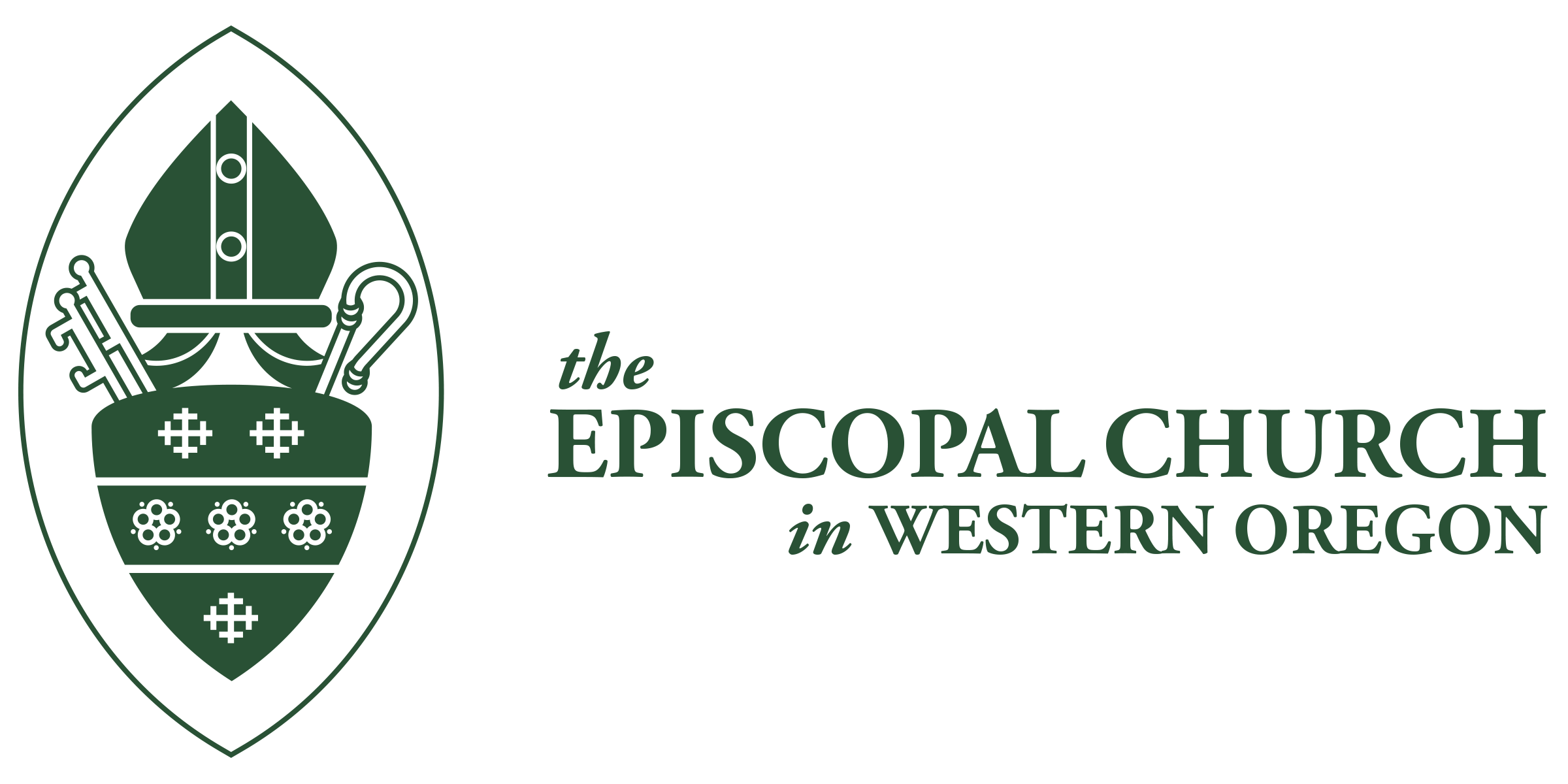By the Rev. Lawrence Crumb, vicar of St. Andrew’s, Cottage Grove
The American playwright Thornton Wilder, best known for the high-school favorite “Our Town,” also wrote a play called “The Skin of Our Teeth.” Written during World War II, each act takes place just before some great catastrophe (the Ice Age, the Flood, a long-lasting war) that threatens to destroy the human race and civilization as it was known.
I once attended an outdoor performance in Wisconsin, where summer weather is unpredictable. In the scene before the Flood, one character said, “It’s starting to rain,” and it really did. Fortunately, it was just a brief sprinkle, and the performance continued.
The message of the play is that no matter the disaster, the human race has always survived, if only “by the skin of our teeth.” That is a good message for the people of our nation and of the world as we face the coronavirus.
There is often a light moment in tragedy, and it came for me as I listened to Sylvia Poggioli reporting on conditions in Italy. When she mentioned the Papa Giovanni hospital, I thought, “That’s a cute name for a hospital.”
Then I realized that “Papa Giovanni” is Italian for Pope John. I well remember Pope John XXIII, who was elected in October 1958, just after I had entered seminary, and died in June 1963, just before the end of my first year in parish ministry. He summoned the Second Vatican Council, which continued under his successor, Paul VI, and also taught us how to face death, saying just before his own death, “My bags are packed.”
Holy Week and Easter will be very different, as we watch the services of other churches on the internet and read them, or parts of them, from the Prayer Book at home. One way or another, we can reaffirm our belief in the risen Christ and experience the joy of Easter.
Wilder’s message of the survival of the human race has its spiritual counterpart in the life of the Church, which has survived persecution, natural disasters, and competition from other schools of thought and ways of life.
I was taught in seminary that the Church is not infallible, but it is indefectible – that is, it will never completely die out. We have Jesus’ promise that “the gates of hell will not prevail against it” (Matthew 16:18) and that he will be “with [us] always, even unto the end of the world.” (28:20)
